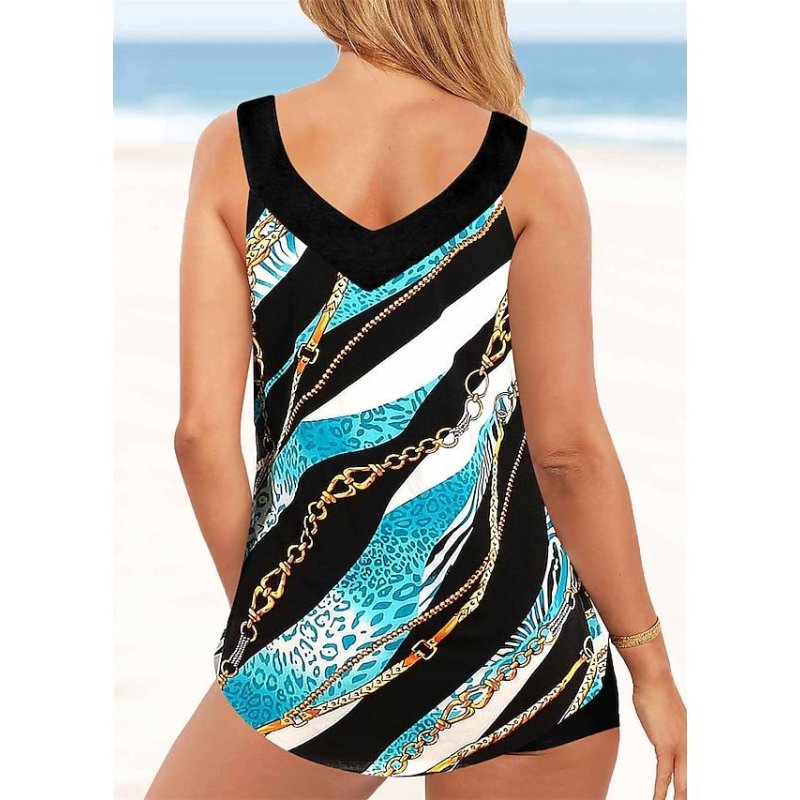Tag: fashion, clothing industry, impact
In recent years, the fashion industry has experienced significant growth and transformation. From fast fashion to sustainable and ethical practices, it is clear that what we wear has a major impact on our environment and society as a whole. With this in mind, let’s explore the influence of fashion on the development of the clothing industry.
Fashion plays a crucial role in driving demand for new clothing styles and trends. As consumers continue to seek out unique and stylish pieces to add to their wardrobe, manufacturers are forced to constantly adapt and innovate in order to keep up with changing demands. This results in an ever-evolving market where new collections are released at a rapid pace.
The rise of fast fashion embodies this trend perfectly. Brands such as Zara and H&M have become known for their ability to quickly produce affordable versions of runway looks, making high-end designs accessible to the masses. However, this approach comes at a cost – environmentally damaging production processes and poor labor conditions have been widely documented within these companies’ supply chains.
Thankfully, there has been a shift towards more sustainable and ethical practices within the industry in recent years. Consumers are becoming more conscious about where their clothes come from and how they are made. This has put pressure on brands to prioritize transparency and responsible sourcing when it comes to manufacturing their products.
Furthermore, advancements in technology have also played a part in transforming the clothing industry through innovations such as 3D printing and virtual reality shopping experiences. These developments not only make production faster but also allow for greater customization options for consumers.
Another important aspect influenced by fashion is consumer behavior. The idea of “out with old” creates constant turnover of perfectly usable items being discarded due simply because they’re no longer considered fashionable or trendy enough – contributing significantly to environmental waste issues.
On top of that,the widespread use of social media allows for instant sharing and exposure of fashion trends, further influencing consumer behavior. This has also led to the rise of influencer marketing, where individuals with large followings on social media platforms are able to sway purchasing decisions simply by promoting a particular style or brand.
In conclusion, it is clear that fashion plays a vital role in shaping the development of the clothing industry. From driving demand and fueling innovation to influencing consumer behavior, its impact cannot be ignored. As consumers become more aware of the environmental and societal implications of their fashion choices, it is important for brands to continue prioritizing ethical and sustainable practices in order to create a truly positive impact on both the industry and our world as a whole.

